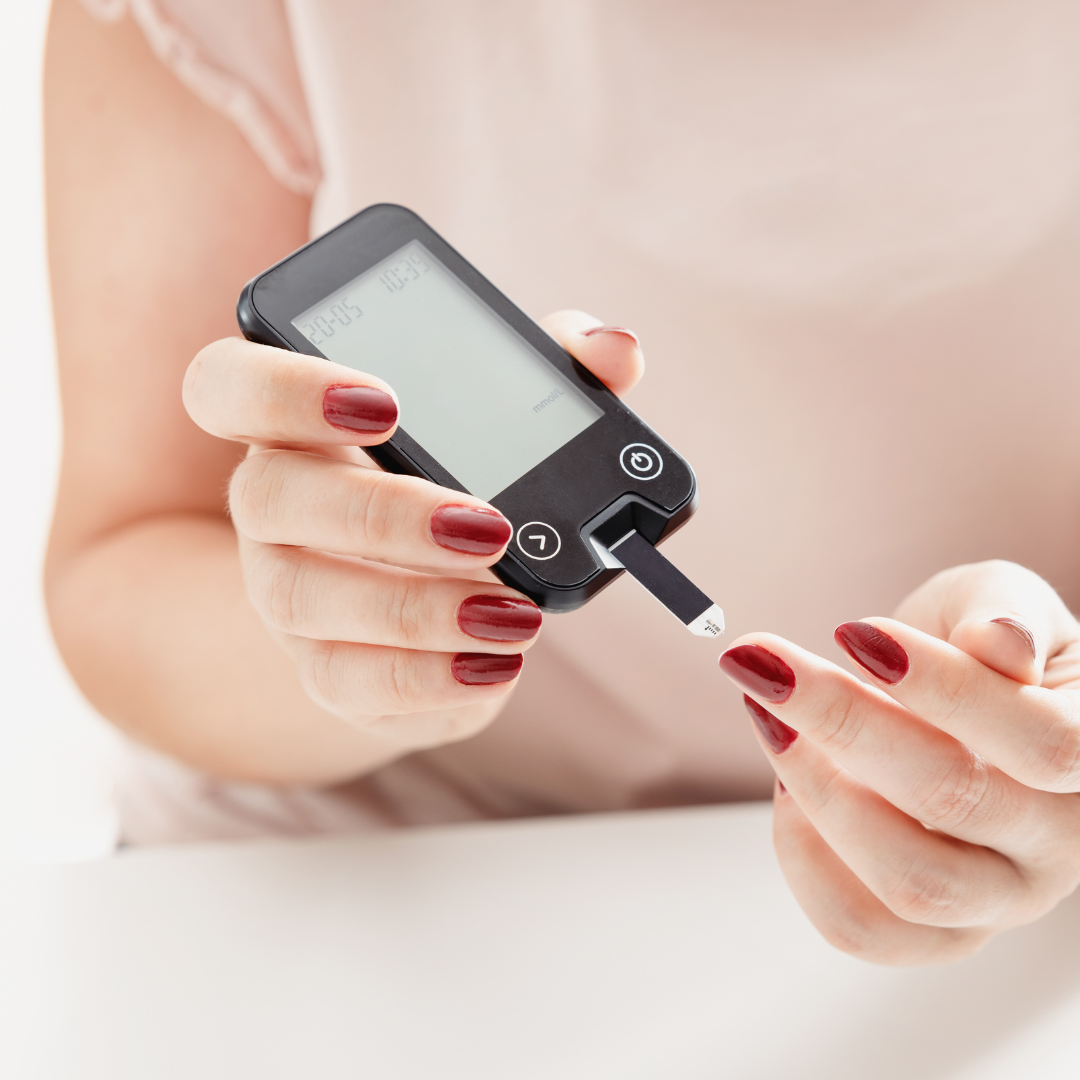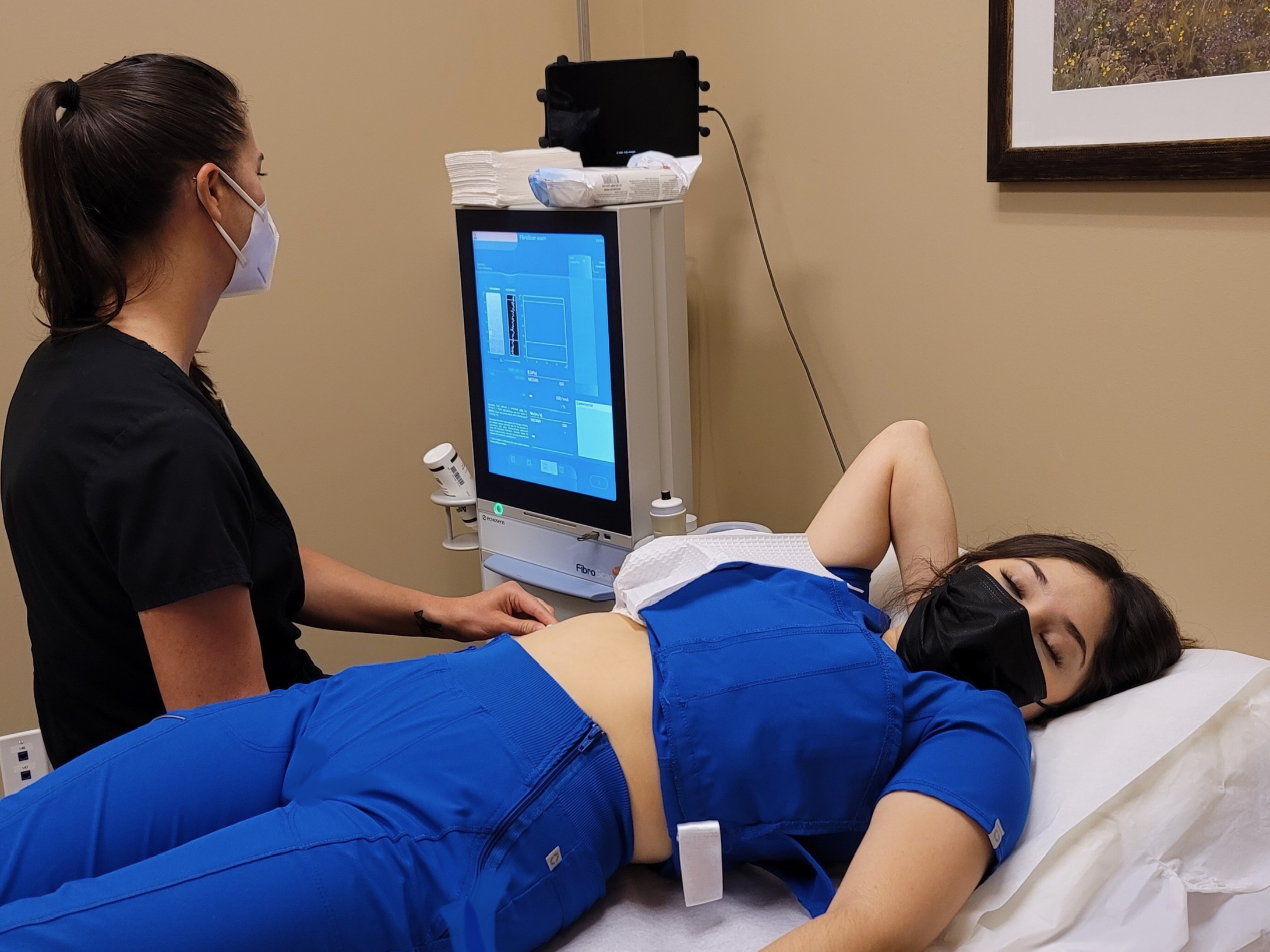Did you know that things like stress, illness, and food can affect your blood sugar levels? Small spikes in your blood sugar can be normal, but if you also have insulin resistance, then blood sugar levels can be significantly higher.
One of our board certified endocrinologists, Dr. Jean Chen, answers some important questions about blood sugar spikes here:
What is a blood sugar spike and why does it happen
A blood sugar spike is where there is a rapid rise in blood sugar in a short amount of time. There are numerous reasons why a blood sugar spike can occur. It can occur if a person is acutely stressed, ill or on certain medications, like steroids. However, the most common reason is due to the body’s response to foods that are high in carbohydrates or sugar. Small spikes in blood sugar after eating carbohydrates can be normal, but if someone also has insulin resistance, then blood sugar levels can be significantly higher. When we intake food that is high in carbohydrates or sugar, our body must produce insulin to signal to our muscles and organs to absorb that sugar from the bloodstream. When there is insulin resistance, the body does not respond to insulin as quickly as it should. Sugar remains in circulation longer, leading elevations in blood sugar.
Why do regular blood sugar spikes matter? What is the impact on your health?
Everyone needs a certain amount of sugar to produce enough energy for our body to work appropriately. However, if blood sugars elevate too high or stay elevated for too long, it has the reverse effect and can cause dysregulation in our body. This can lead to several complications, such as obesity, cardiovascular disease, high cholesterol and kidney disease.
Are there signs/symptoms of a blood sugar spike? If so, what are they?
Sometimes there are no symptoms or signs when blood sugars spike. If blood sugars reach a severe level and stay elevated, then people can have fatigue, increased thirst, increased urination and even weight loss.
What about a subsequent blood sugar crash? Are there signs/symptoms associated with that? Why does blood sugar crash following a spike?
If blood sugar starts to drop after a spike, it is most likely due to high amounts of insulin the body has released in response to either insulin resistance or foods that are high in sugar or carbohydrates. Therefore, people tend to feel these drops more after a large meal that is high in carbohydrates, especially carbohydrates that are low in fiber. People can start feeling more sluggish or tired. If blood sugars reach a critically low level, then symptoms of sweating, tremors, nervousness, fast heart rate and hunger may occur.
Don’t forget to follow us on Facebook and Instagram and check back with us each month as we provide you helpful wellness and health information.





